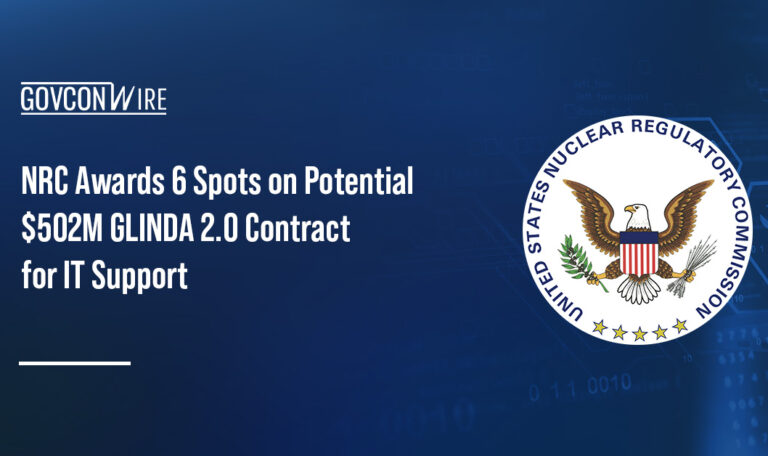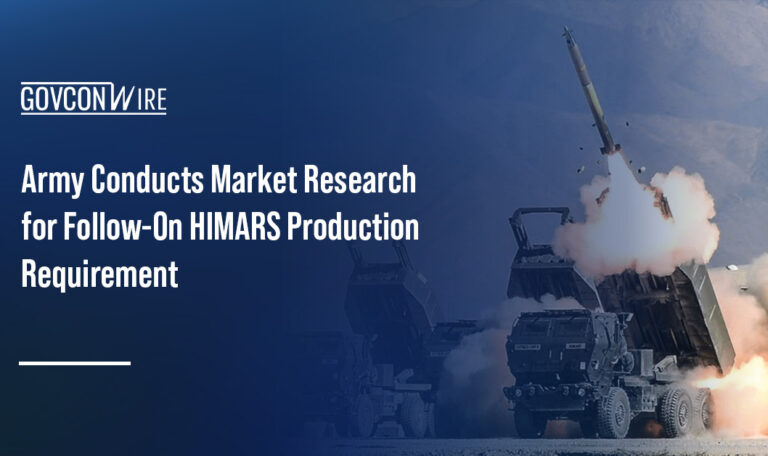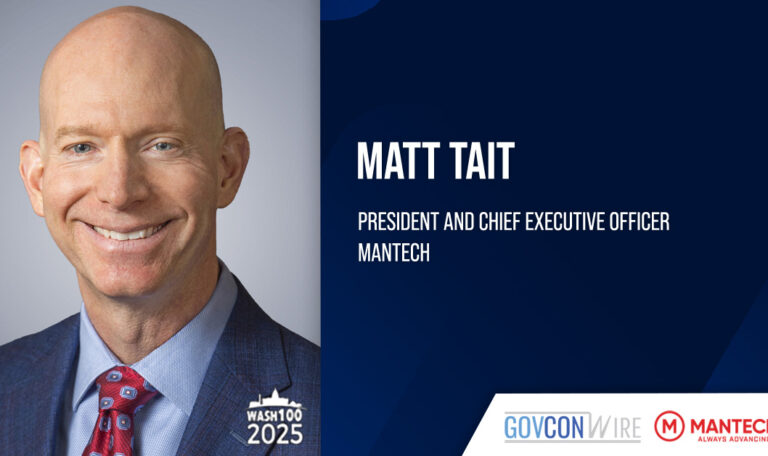The Intelligence Community should approach emerging technology with precision, carefully deciding which of the many tools available today should be prioritized, according to Emily Harding, director of the Intelligence, National Security and Technology Program at the Center for Strategic and International Studies.
“When everything is a priority, nothing is,” Harding, who also serves as deputy director for CSIS’ International Security Program, said in a May testimony before the House Permanent Select Committee on Intelligence. “It can be too tempting to chase every new technology and start a thousand pilot programs, rather than focus on a few key priorities and make real progress.”

The Potomac Officers Club’s 2024 Intel Summit on Sept. 19 will bring together public and private sector intelligence experts to weigh in on the IC’s top challenges and priorities. At this all-day event, you will have the chance to hear from numerous leaders in the field as they share their insights through keynote speeches, panel discussions and networking sessions. Don’t miss out on this exciting opportunity — head over to the Potomac Officers Club website to learn more and register for the event.
Today, emerging technologies are plentiful, and organizations across the U.S. government are experimenting with a wide range of tools that could significantly impact federal operations. Though there are numerous technologies agencies can use, CSIS has identified five that could specifically benefit the IC mission.
Artificial Intelligence and Machine Learning
Artificial intelligence and machine learning “will accelerate most of the core functions of a national security apparatus,” said Harding.
What makes AI so influential is “its ability to process huge data sets and focus on the signal through the noise,” which can help inform decisions made by intelligence officers. It provides a “pre-screening of data” that can “speed the delivery of critical indications and warning to policy makers” to accelerate decision making.
The IC is already making use of AI. Harding noted the National Security Agency, Central Intelligence Agency, National Geospatial-Intelligence Agency and Defense Intelligence Agency as some organizations that have successfully implemented AI across various intelligence disciplines, including signals intelligence, open source intelligence and imagery intelligence.
Quantum
While not yet commercially available, quantum computing is advancing quickly, and experts predict that more accessible quantum computers could be created within the next 10 years. Other uses of quantum, Harding said, could be even closer.
“Quantum sensing, in particular, would create an intelligence edge by allowing for sensing of small changes in an environment,” she continued. “Next-generation sensors could detect slight underwater pressure changes and tiny atmospheric shifts and provide high-accuracy GPS and receive signals for radar communication.”
Quantum presents both threats and opportunities for information security. As these technologies develop, they will become capable of decrypting today’s security measures.
“A functional quantum computer will provide an open window into any nation that has neglected to update their encryption practices to a post-quantum environment,” Harding explained. “There will be a significant first-mover advantage for whomever can achieve quantum decryption without the knowledge of the owner of the communications.”
Space-Based Technology
In recent years, the collection capabilities of sensors positioned in low-earth orbit have expanded, and Harding expects these sensors to “become effective from increasing distance, in particular if on-orbit processing can reduce the quantity of data transmitted to ground stations.”
“Some may be able to provide useful information with persistence mounted in a geo-synchronous orbit,” she added.
Hyperspectral imagery is one area in which the government is exploring space technology, and the National Reconnaissance Office has already begun to invest in these capabilities.
High-Efficiency Batteries
“Long-lasting, light and reusable batteries will provide a critical edge in intelligence work,” according to Harding.
She highlighted long-dwell undersea vehicles, solar power and small satellites as well as covert and clandestine surveillance and communications devices and microbots as some technologies these batteries could benefit.
Harding also emphasized the “huge financial incentive” the commercial sector has to produce long-lasting and sustainable miniaturized batteries due to their applicability across different industries and use cases.
Bioengineering
Of these five technologies, bioengineering is the “most likely to present an enormous collection challenge, alongside being a potentially useful tool for the IC.”
“At its extreme end, bioengineering can create sophisticated weaponry, markers to track individuals, or detection devices for a range of substances,” Harding said. “Biosensors could be a game changer for surveillance, either at the individual or population levels.”
She noted the detection of chemicals and complex signals as additional use cases.
There is a dark side to biotechnology, which she said includes “sophisticated and deadly bioweaponry,” such as genetically modified pathogens to which humans lack immunity.
“Understanding the possibilities—and what an adversary with little regard for human life could do with them—will be critical to defense, including detection and antidotes,” she continued.
To learn more about the IC’s technology goals, register to attend the 2024 Intel Summit on the Potomac Officers Club website.

















